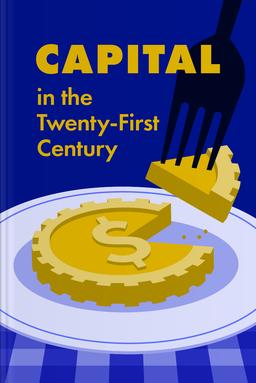What is Naked Economics about?
This engaging exploration of economics breaks down complex concepts into accessible insights. It covers key principles like incentives, market behavior, and globalization, using relatable examples and humor. The book aims to demystify economic theory, making it relevant to everyday life. Through clear explanations, it reveals how economic forces shape decision-making, public policy, and personal finance, encouraging readers to think critically about the world around them.
Who should read Naked Economics
- Economics students seeking approachable insights.
- General readers curious about economic principles.
- Professionals wanting to understand economic impacts on society.
What is Irrational Exuberance about?
This insightful book delves into the dynamics of financial bubbles and market behavior, exploring the psychological factors that drive irrational investment decisions. The author combines economic theory with real-world examples to explain the causes of market volatility and excesses in asset pricing. Through an examination of past bubbles, the text provides valuable lessons on the importance of skepticism and critical thinking in investing.
Who should read Irrational Exuberance
- Investors seeking to understand market psychology
- Economics students studying behavioral finance
- Policy makers interested in economic fluctuations
What is Capital in the 21st Century about?
This groundbreaking work analyzes wealth and income inequality throughout history, emphasizing the concentration of capital and its implications for society. Piketty uses extensive data to argue that unless addressed, inequality will worsen under capitalism, with significant social and economic consequences. The book advocates for progressive taxation and global policies to combat disparity, ultimately proposing a fairer system aimed at promoting equality and sustainable growth.
Who should read Capital in the 21st Century
- Economics students seeking to understand wealth distribution trends.
- Policy makers interested in tax reform and economic equity.
- General readers curious about capitalism and social justice.


